Lifestyle
Gen Z’s 20 Go-To Sayings That Are Starting To Sound Boring

It starts with one TikTok, then boom! It’s in every sentence you hear for the next six months. Gen Z slang knows how to take over. But when the sparkle fades, what’s left? A lot of repetition and maybe a little regret. Time to call out the words that need to hit pause immediately.
Slay
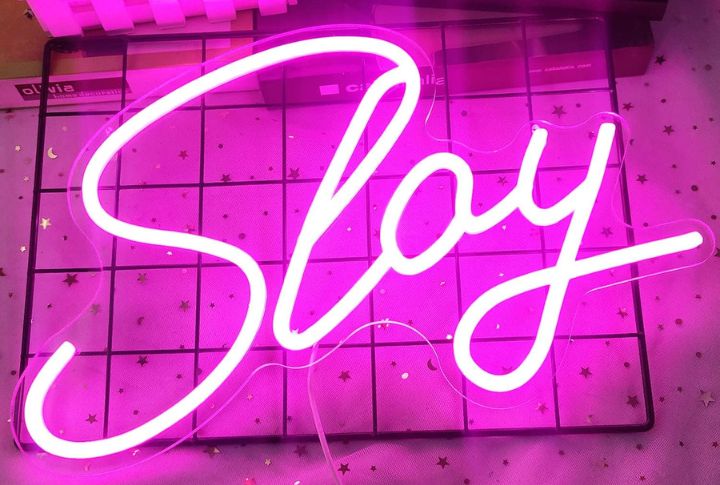
Originally meant “to strike down”, but somehow now applies to omelets, outfits, and even LED string lights. After TikTok made it explode in 2022, the word got slapped onto 12 million posts on X alone. When Amazon titles products “Slay Bedroom Aesthetic”, maybe it’s time to retire the crown.
Rizz

Oxford gave it the title 2023’s Word of the Year, but most people using “rizz” have none. It’s short for “charisma”, yet it is often tossed around in memes and DMs without an ounce of charm. With over 2 billion TikTok hits, its original swagger got lost in translation and repetition.
No Cap

This one had weight, “for real”, no lies. That made it cool until everyone, from YouTubers to actual senators, started dropping it. In 2021, it hit peak Gen Z, but brand slogans and cringeworthy merch made it feel more forced than factual.
Bet
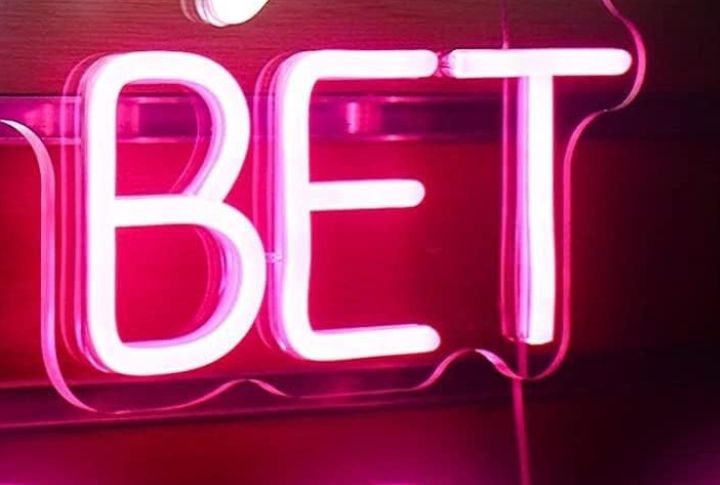
“Bet” was never supposed to mean all things to all people. It started in hip-hop as a sharp yes, but social media turned it into an overused reaction for everything. These days, even when someone says it right, it just lands flat like a reply that sounds confident but says nothing.
Iykyk
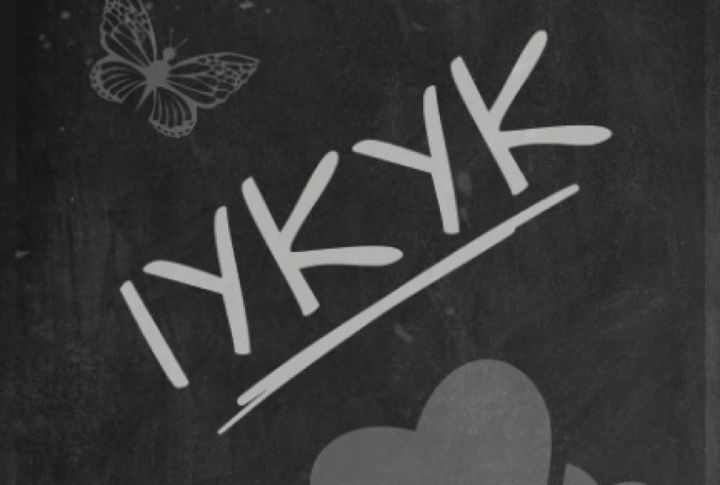
The whole point was exclusivity: a wink, a nod, and “If you know, you know”. Except now everyone knows, and worse, brands know. It’s become an empty caption, tossed under everything from memes to pasta photos. When gatekeeping goes mainstream, the magic’s gone.
Sus
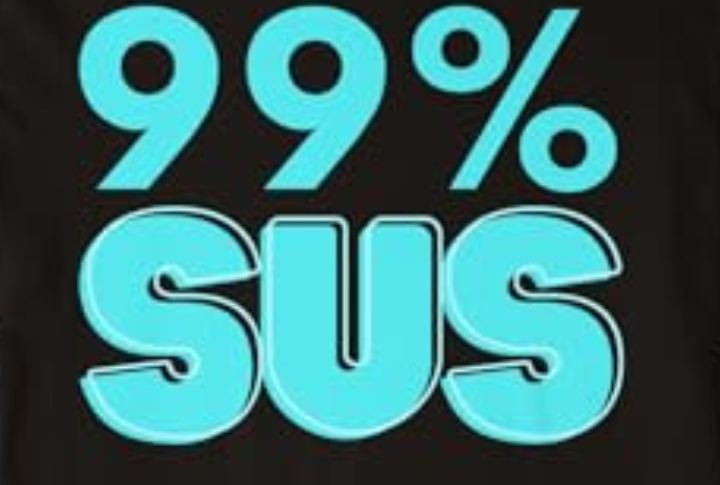
Blame “Among Us”, the game turned “sus” into the word of the pandemic. Then, the internet got involved. Suddenly, pizza could be sus. A weather app could be sus. Once sarcasm took over, the word lost all edge. Over-applied to everything from snacks to people, it doesn’t hit the same anymore.
It’s Giving
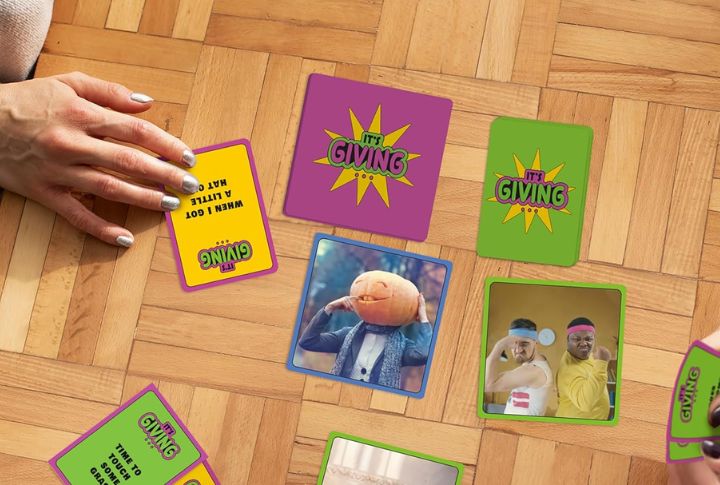
Once rooted in queer Black Twitter with bold flair, this phrase blew up in reaction videos and fashion content. It gave energy, gave life—until it gave… confusion. By 2023, people were using it to describe everything from a salad to silence. Its meaning faded fast under the weight of contextless use.
Ate And Left No Crumbs
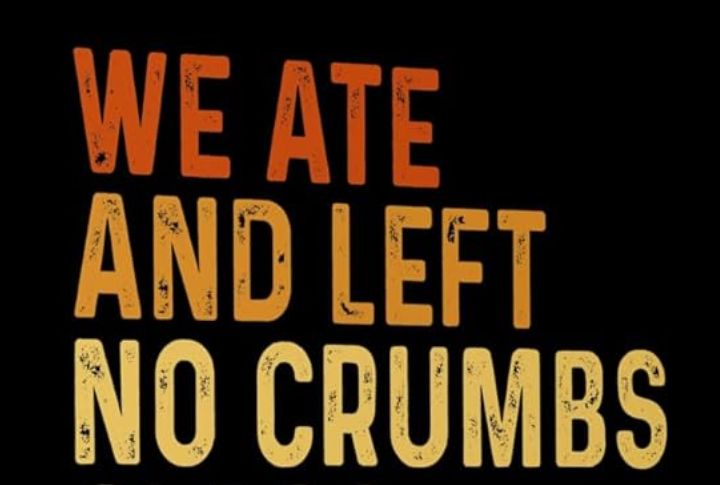
It had flair at first. The phrase showed up in viral dances and loud fandom moments. Once it started popping up after someone ate toast, though, the bite was gone. Sarcasm took the wheel; even the most basic moments get a standing ovation.
Say Less
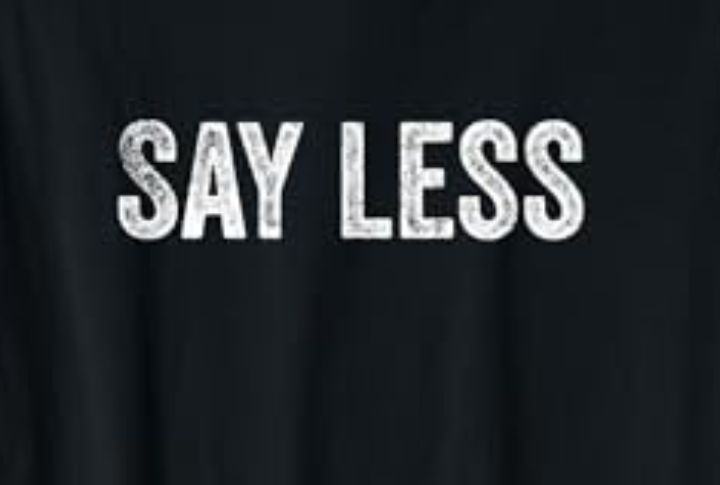
Originally meaning “I understand” or “got it”, this phrase had its roots in hip-hop and street slang before Gen Z brought it back with flair. TikTok skits made it a catch-all reaction. Now, it pops up even when nothing needs clarification. Constant repetition has left it sounding hollow and empty.
Periodt
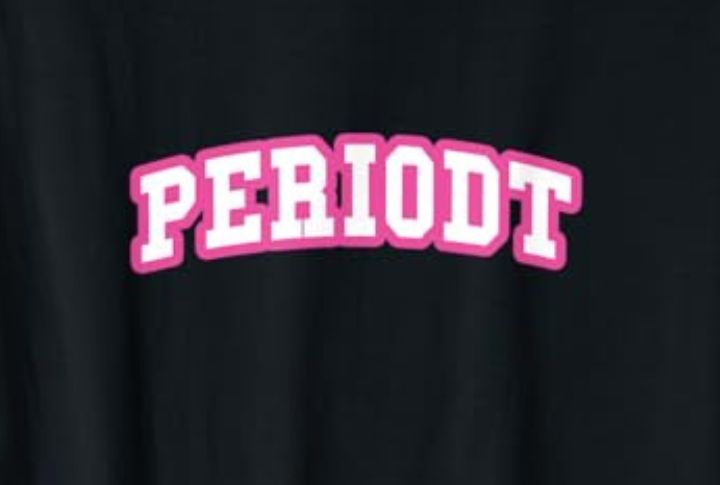
Born from Black cultural expression, this word packs a punch: sharp and unapologetic. It dominated 2020–2021 TikToks and memes, racking up over 900K Instagram captions. The more it spread, the more it softened. Once a mic-drop moment, it now feels more like background noise than bold punctuation.
Mid
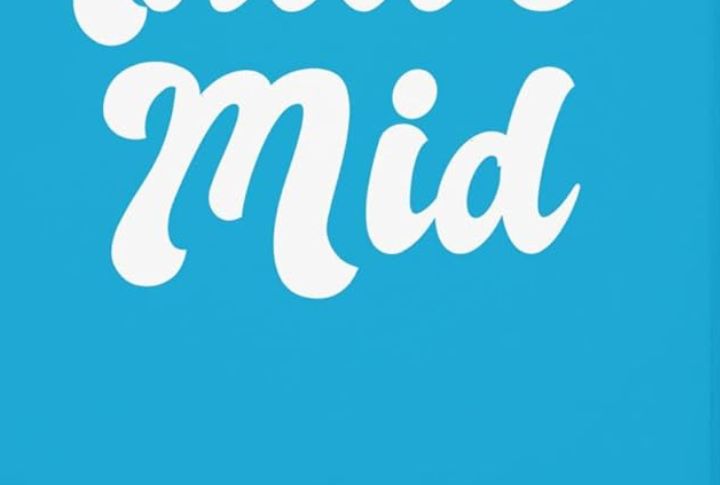
Wrestling fans gave the world “mid”, and TikTok ran with it. It worked when describing okay snacks or forgettable shows. But when people started labeling award-winning albums as mid, that’s when it lost meaning. Throwing “mid” at everything just makes the word itself forgettable.
Vibe Check
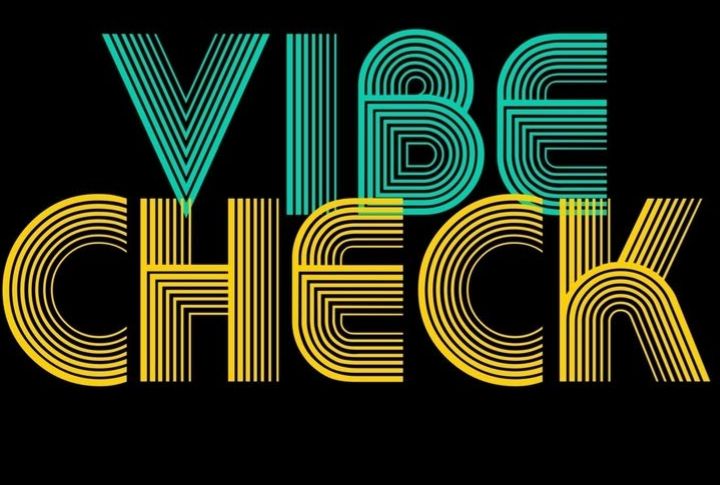
“Vibe check” came in hot during the 2020 meme explosion. It was the perfect phrase to call out weird energy or awkward timing. Over time, it lost its meaning. These days, it shows up even when there’s no vibe to check.
Cheugy

This one started with a single viral TikTok. One post, and suddenly, millennial trends got dragged. “Cheugy” was catchy for a moment, and even The New York Times covered it. But like most things it mocked, it aged fast. Using “cheugy” is… pretty cheugy.
Let Them Cook

It took off on sports Twitter, and then TikTok turned it into a viral stamp of approval. At first, it meant standing back and letting someone work. Now, it’s thrown at anything, even someone typing slowly. Once specific and clever, the phrase lost its punch through careless use.
Girl Math
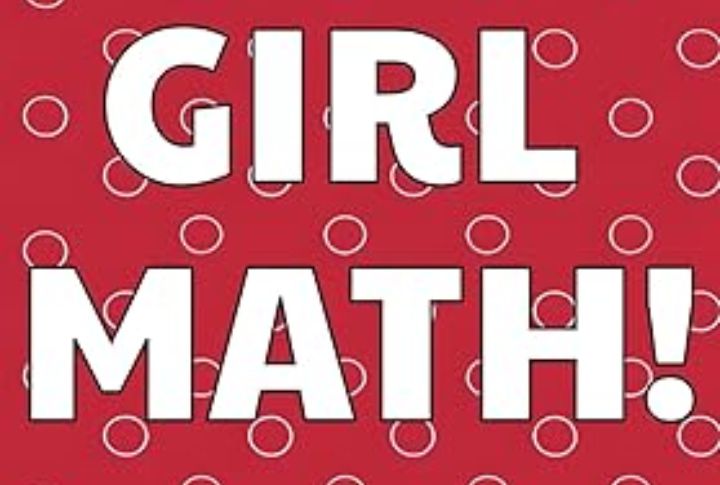
“Girl Math” went from clever to cluttered in record time. It started with jokes about gift cards and refunds, then exploded into endless spinoffs. By the time “CEO Math” hit, the punchline was already tired. This is a lazy fallback for every excuse, even when the math doesn’t add up.
Delulu

The word “delulu” entered pop culture through fandoms and quickly became a TikTok favorite. It was playful at first, a way to exaggerate dreams and laugh them off. Then, it crossed into denial territory. People used it to sidestep reality.
Touch Grass
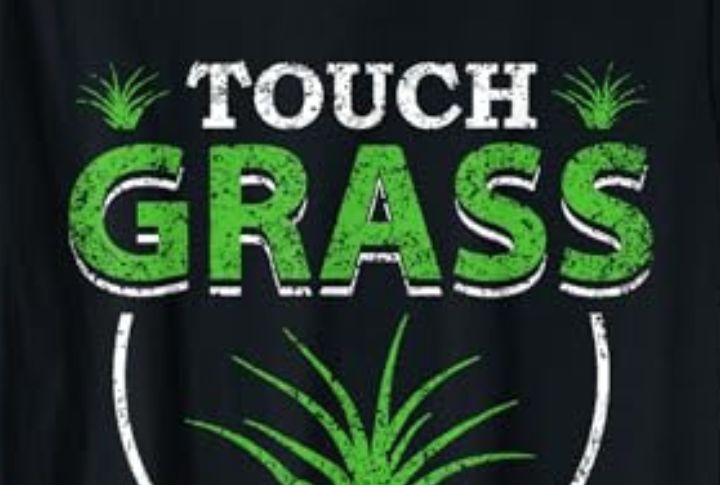
Originally, “touch grass” meant something simple: go outside and clear your head. It was sharp during peak online meltdowns. But once it started appearing in every type of content, it lost its weight. These days, it’s just another overused phrase with no real message behind it.
Yassified

What began as a hilarious, high-glam meme turned into a saturated trend. “Yassified” edits once shocked and delighted. The fun wore thin when it became a lazy tag for anything remotely sparkly. The energy stayed loud while the meaning faded fast.
Sksksk
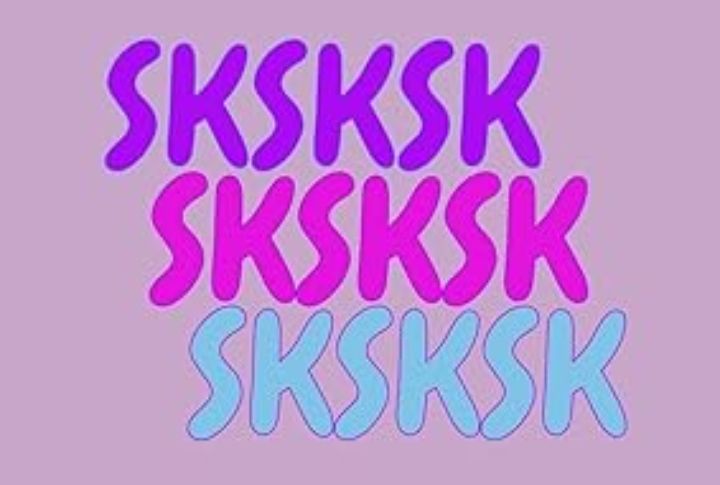
At its peak, “sksksk” was digital laughter in its loudest form. Fueled by VSCO girls and TikTok trends, it became part of a whole aesthetic. That moment passed. These days, it sounds like something left behind in an old group chat.
Living Rent-Free
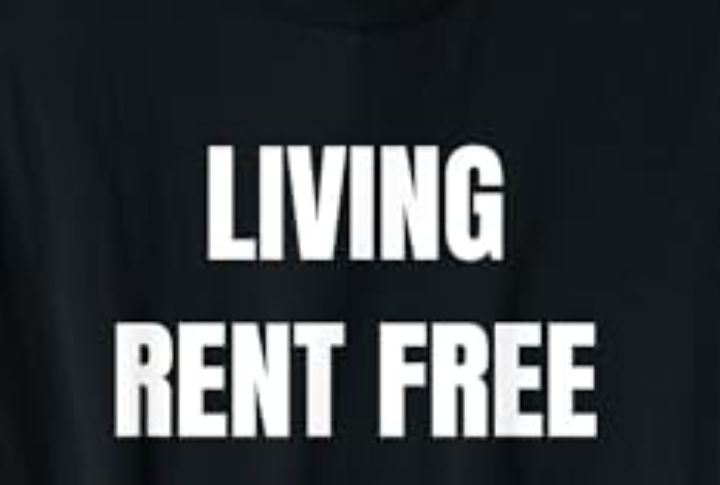
“Living rent-free” once nailed the feeling of a thought that won’t leave. TikTok loved it, racking up millions of uses in captions and memes. As it got recycled for nearly everything, the phrase lost meaning. What sticks in people’s heads is the overused line itself.

